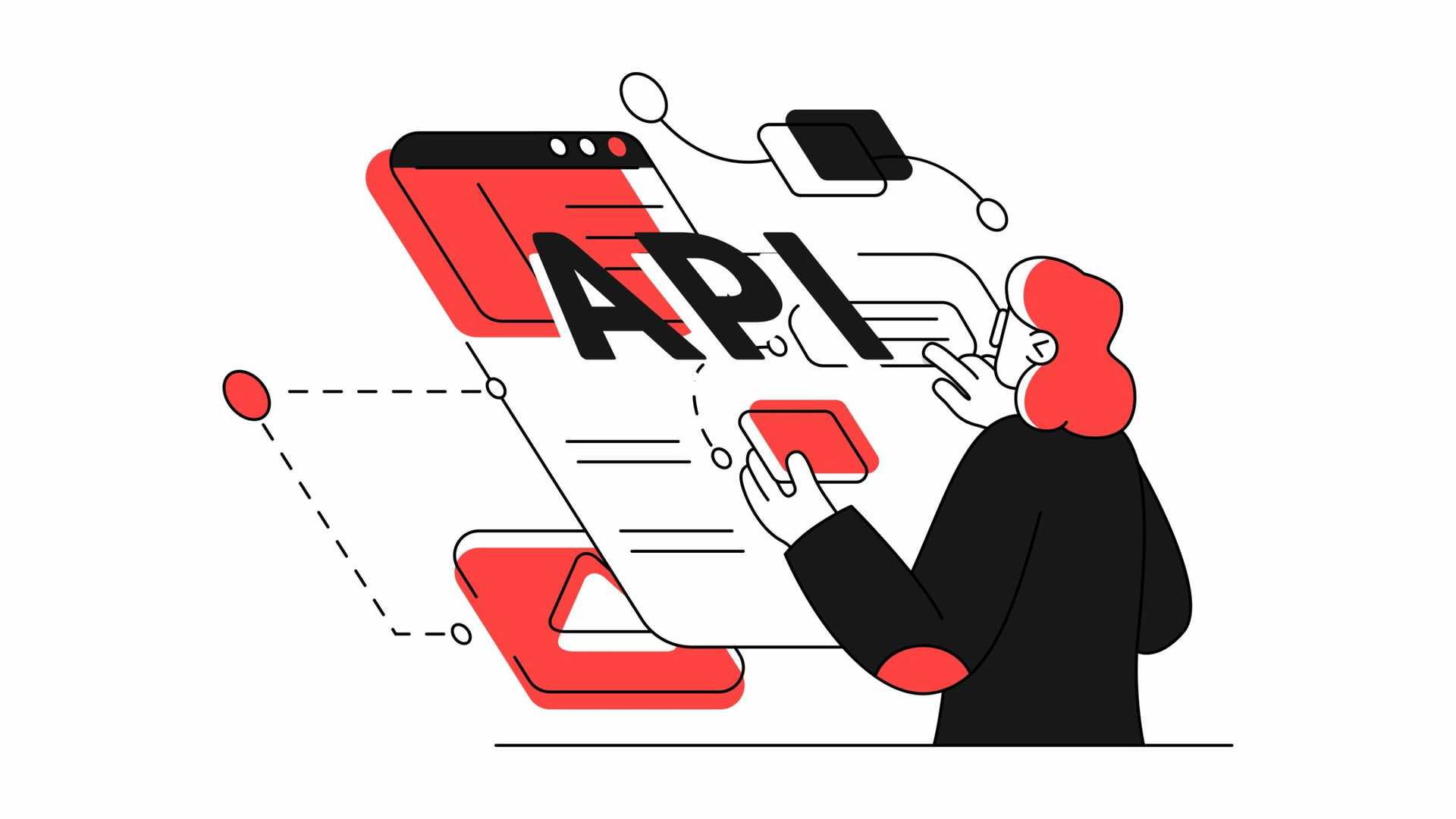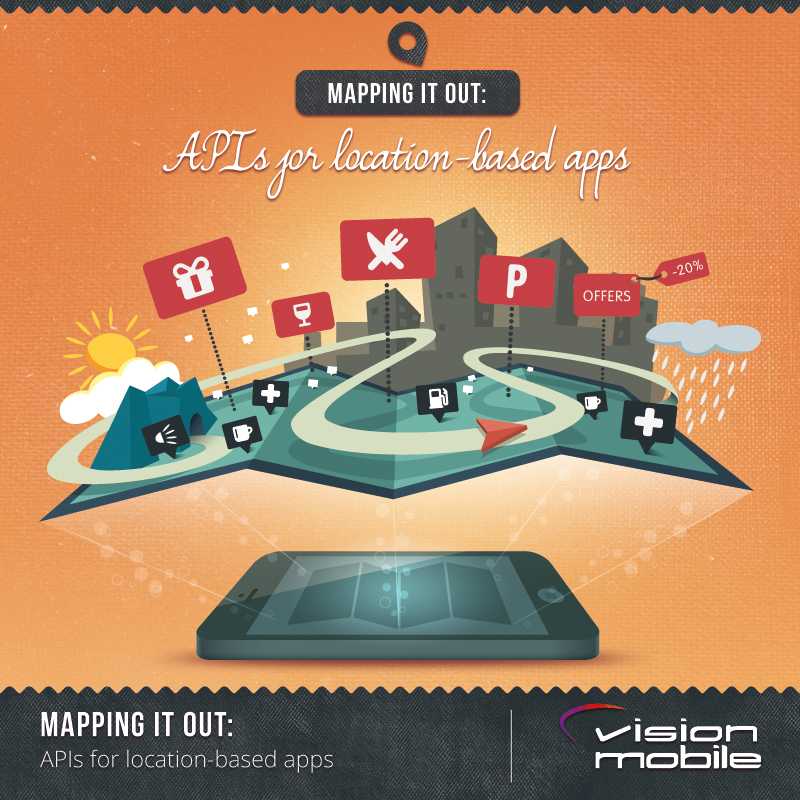Recent Posts of APIs

13 June, 2023
Discover key characteristics of high-quality APIs for seamless integration and enhanced application functionality.

01 December, 2016
Foursquare has already done the hard work of finding matching restaurants, so the trickiest part of building this MVP is finding a way to generate structured data from natural language. The great thing about tools like wit, LUIS, and api.ai is that they make this part so easy that you can build an MVP like the above in an afternoon. In our experience, 3rd party tools are an excellent way to build quick prototypes. You could just as quickly build a bot to find videos with the YouTube API, or products from Product Hunt.

09 December, 2014
It is exciting to be a developer these days. You’re the talk of the town and everyone looks for ways to make you happy, competing to create new tools or new services just for you. Developing a great app in such a mesh of services shouldn’t be an issue. Still, this often proves to be […]

07 November, 2014
In a world that is increasingly dominated by mobile applications and cloud services, APIs are becoming crucial to developers and service providers alike. But what are developers actually getting? And is this what service providers think they provide?

01 July, 2014
>If you’ve ever tried to integrate a mobile ad SDK into your application, then you’ve definitely had to declare a few permission for it to work. Permissions in mobile platforms such as Android and iOS have been baked in from day one as a mean to control what applications could do or access on your phone, preventing despicable people getting access to your most personal and sensitive data.

24 February, 2014
Location-based services are an important, integral part of the smartphone experience. The desire to offer users ‘the best’ mapping experience was graphically illustrated in 2012 when Apple launched its own map offering. Enabling developers to take advantage of and extend a platform’s location data is a vital part of the ‘location’ value proposition.

03 December, 2013
In the early stages of new technology markets, a lot of services are created because new technology has made new ways of doing things possible. Where app developers go, apps and then users will follow. By looking at the popularity of various device APIs across platforms, we can see which developers are making the most of the capabilities their devices offer. If we then look at the device APIs that developers say the plan to adopt, we can see future trends in the app market, possibly months before the apps start to appear. Would it be wise to move against the herd, or is the trend really your friend?

12 September, 2013
On desktop computers web apps have come to dominate many application categories. They are easier to develop and deploy across multiple platforms and it’s possible to iterate much faster. A very large number of developers would like to be able to apply the same technologies and techniques on mobile devices but very few are able to do so successfully, particularly for mass market consumer apps. One of the most important reasons for this is performance. Resolving this issue is much more about politics than technology.

29 July, 2013
The term “web app” has been around for the past years – we’ve all heard it and used it more times than we care to remember. Yet there remains a debate on where “web sites” end, and “web apps” begin. Ciprian Borodescu, CEO and Co-founder of Webcrumbz, presents the opinions of several prominent figures in the web technology domain and discusses the ‘app-ification’ of the web.

09 April, 2013
How do app developer revenues vary by country, or platform? Does the number of platforms make a difference to app revenues? Which models bring in the most revenues? We revisit Andreas Pappas’ November analysis of app monetisation with more insights from our Developer Economics 2013 survey across 3,400+ developers.